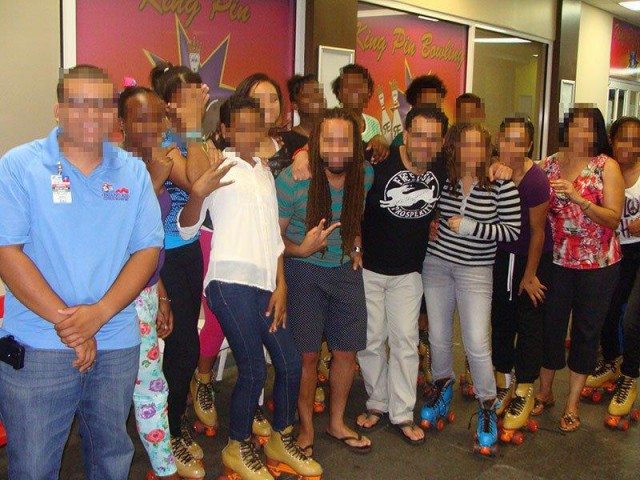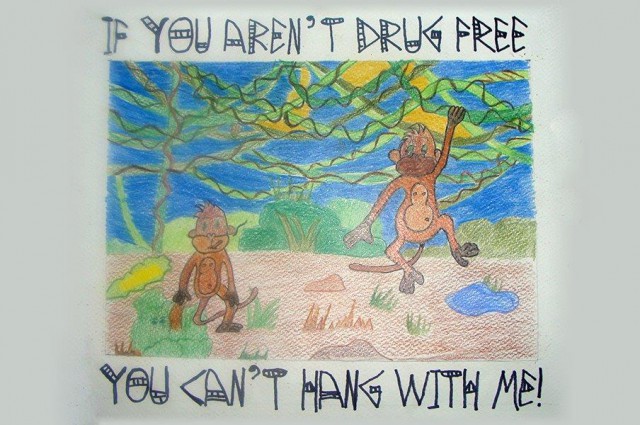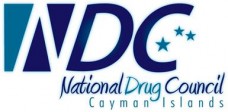The National Drug Council (NDC) is an independent statutory body set up under the National Drug Council Law, 1997 to co-ordinate anti-drug measures in the Cayman Islands. The National Drug Council consists of 13 council members and an office which serves as the secretariat.
Functions
- To keep under review the situation in the islands with respect to the abuse of drugs.
- To formulate and develop drug prevention and rehabilitation policies and programmes.
- To advise the Minister on drug prevention and rehabilitation policies and programmes; the licensing and operation of treatment and rehabilitation centres; drug supply control measures; and law reform relating to the misuse of drugs.
- To educate the public, particularly the young, on the dangers of drug abuse, and to initiate, sponsor and support conferences, seminars, and meetings related to drug abuse.
- To promote and support training in the field of Drug Abuse Prevention and Rehabilitation.
- To promote and encourage the establishment of a system to coordinate the treatment and rehabilitation of drug abusers and the care of persons associated with drug abusers.
- To establish and operate treatment centres.
- To conduct research into, and develop and maintain a database of information on drug abuse in the islands.
Our Mandate
The NDC's mandate is to provide policy advice, information, develop programmes and conduct research in the following key areas:
- Education, in particular young people
- Prevention
- Treatment & Rehabilitation
We do this through:
- Conferences, seminars and meetings related to drug abuse
- Studies, reports and other documentation on drug abuse
- Information systems and databases on policies, programmes and research on drug abuse
- Information on the availability and supply of drugs likely to be abused
- Legislation relating to the misuse of drugs






